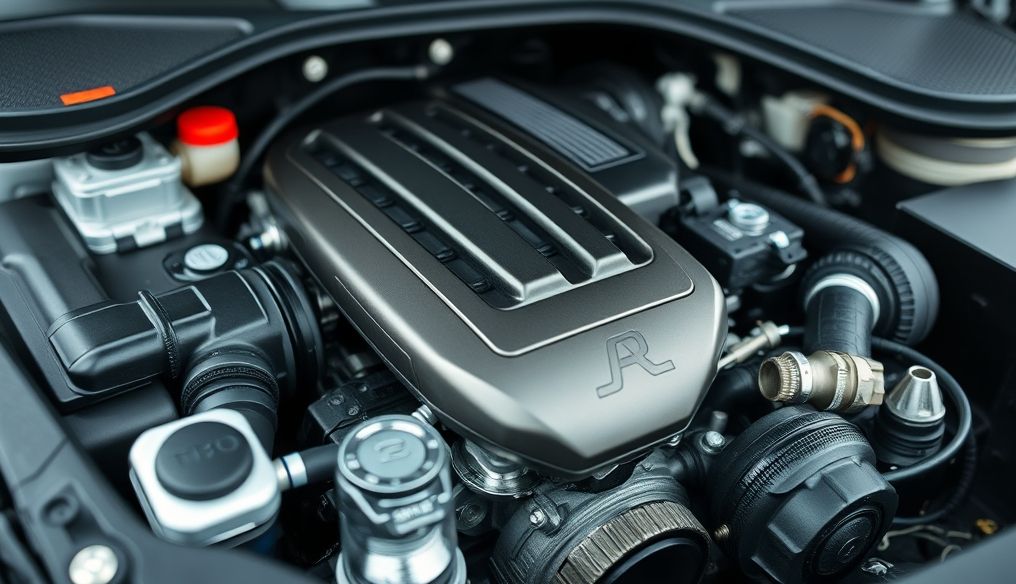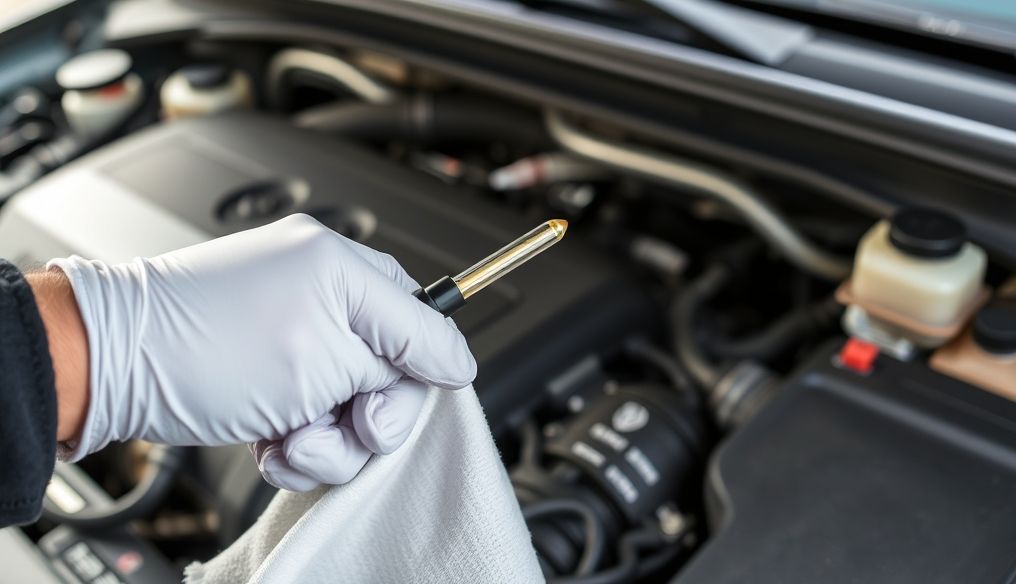Is Warming Up Your Car in the Morning Necessary for Modern Engines? A Comprehensive Look
Warming up a car in the morning has long been considered a necessary practice to maintain engine health and extend its lifespan. However, with the tremendous advancements in automotive technology, especially modern engines, is this habit still essential? This article aims to provide a comprehensive and detailed look at this topic, taking into account mechanical, environmental, and economic aspects.
1. The History of Warming Up Cars: Where Did This Habit Originate?
In the past, cars relied on engines with a much simpler design than modern engines. Carburetors were responsible for mixing fuel and air, and these carburetors were very sensitive to low temperatures. When it's cold, the carburetor may not be able to vaporize fuel effectively, leading to difficulty starting the engine and stalling. Therefore, warming up the car was necessary to ensure the fuel reached the engine correctly.
Additionally, engine oils in the past were less advanced than modern oils. These oils became more viscous at low temperatures, making them less able to lubricate engine parts effectively upon startup. Warming up the engine helped to thin the oil and improve its lubrication ability.
2. How Do Modern Engines Work?
Modern engines rely on Electronic Fuel Injection (EFI), a system that is more precise and efficient than carburetors. EFI injects fuel directly into the combustion chamber, ensuring the right amount of fuel reaches the engine regardless of temperature. In addition, modern engines use a variety of sensors that monitor engine performance and adjust the combustion process for optimal efficiency.
Modern engines also use high-quality synthetic oils, which are specifically designed to maintain their viscosity and lubrication ability at low temperatures. This means the oil can reach all engine parts quickly upon startup, reducing wear and tear.
3. Benefits of Warming Up Your Car (Limited) in Modern Engines
Although warming up the car is no longer necessary in the traditional sense, it may have some limited benefits in modern engines, especially in harsh weather conditions:
- Driver Comfort: Warming up the car allows the cabin to be heated before driving, providing greater comfort for the driver and passengers on cold days.
- Defrosting: Warming up the car helps to remove ice from the windshield and windows, improving visibility and making driving safer.
- Improved Automatic Transmission Performance: In some cars, warming up the engine may help improve the performance of the automatic transmission at the start of the journey, especially in very cold weather.
4. Drawbacks of Excessive Car Warming in Modern Engines
Warming up the car for too long can have negative effects on the engine and the environment:
- Increased Fuel Consumption: Warming up the car consumes fuel unnecessarily, especially if left for an extended period. This reduces fuel efficiency and increases operating costs.
- Increased Harmful Emissions: Warming up the car produces harmful emissions such as carbon monoxide and nitrogen oxides, which contribute to air pollution and climate change.
- Engine Wear: Contrary to popular belief, warming up the car for too long can increase engine wear. When the engine is cold, the fuel-air mixture is richer, meaning it contains more fuel. This can lead to washing oil off the cylinder walls, increasing friction and wear.
5. The Ideal Warm-Up Time for Modern Engines
For modern engines, there is no need to warm up the car for more than 30 seconds to a minute at most. During this short period, the oil can reach all engine parts and lubricate them adequately. After that, you can start driving gently, avoiding sudden acceleration and driving at high speeds until the engine reaches its normal operating temperature.
6. Tips for Keeping Your Car Engine in Excellent Condition
Instead of relying on warming up the car for an extended period, there are many other ways to keep your car engine in excellent condition:
- Use High-Quality Engine Oil: Choose a high-quality synthetic oil suitable for your car's specifications.
- Change the Oil Regularly: Follow the maintenance schedule recommended by the manufacturer for changing the oil and filter.
- Check the Coolant Regularly: Make sure the coolant level is adequate and there are no leaks.
- Keep the Cooling System Clean: Clean the cooling system periodically to remove any deposits or dirt.
- Check the Spark Plugs Regularly: Replace damaged or worn spark plugs.
- Use High-Quality Fuel: Avoid using cheap or contaminated fuel.
- Check the Injection System Regularly: Make sure the injection system is working correctly.
- Drive Gently at the Start of the Journey: Avoid sudden acceleration and driving at high speeds until the engine reaches its normal operating temperature.
7. The Impact of Warming Up Your Car on the Environment
As mentioned earlier, warming up the car contributes to increased harmful emissions that negatively affect the environment. These emissions include carbon monoxide, nitrogen oxides, and particulate matter, which contribute to air pollution and climate change. By reducing or avoiding car warm-up time altogether, we can contribute to protecting the environment and reducing our carbon footprint.
8. Alternatives to Warming Up Your Car
If you want to heat the car cabin before driving, you can use some alternatives to warming up the engine:
- Use Seat Heaters: Seat heaters consume much less energy than warming up the engine and provide immediate heating for the driver and passengers.
- Use Electric Car Heaters: Small electric heaters are available that can be plugged into the car's cigarette lighter socket to provide additional heating.
- Wear Warm Clothes: Wearing warm clothes can help you feel comfortable while driving in cold weather without having to warm up the car for an extended period.
9. Conclusion: Is Warming Up Your Car Really Necessary?
In general, warming up the car for an extended period is not necessary for modern engines. Modern engines are designed to operate efficiently at low temperatures and use high-quality synthetic oils that ensure effective lubrication of engine parts upon startup. Warming up the car for a short period (30 seconds to a minute) may be helpful in some cases, but warming it up for a long time can lead to increased fuel consumption, harmful emissions, and engine wear. By following the tips mentioned above, you can keep your car engine in excellent condition without having to warm it up for an extended period.




